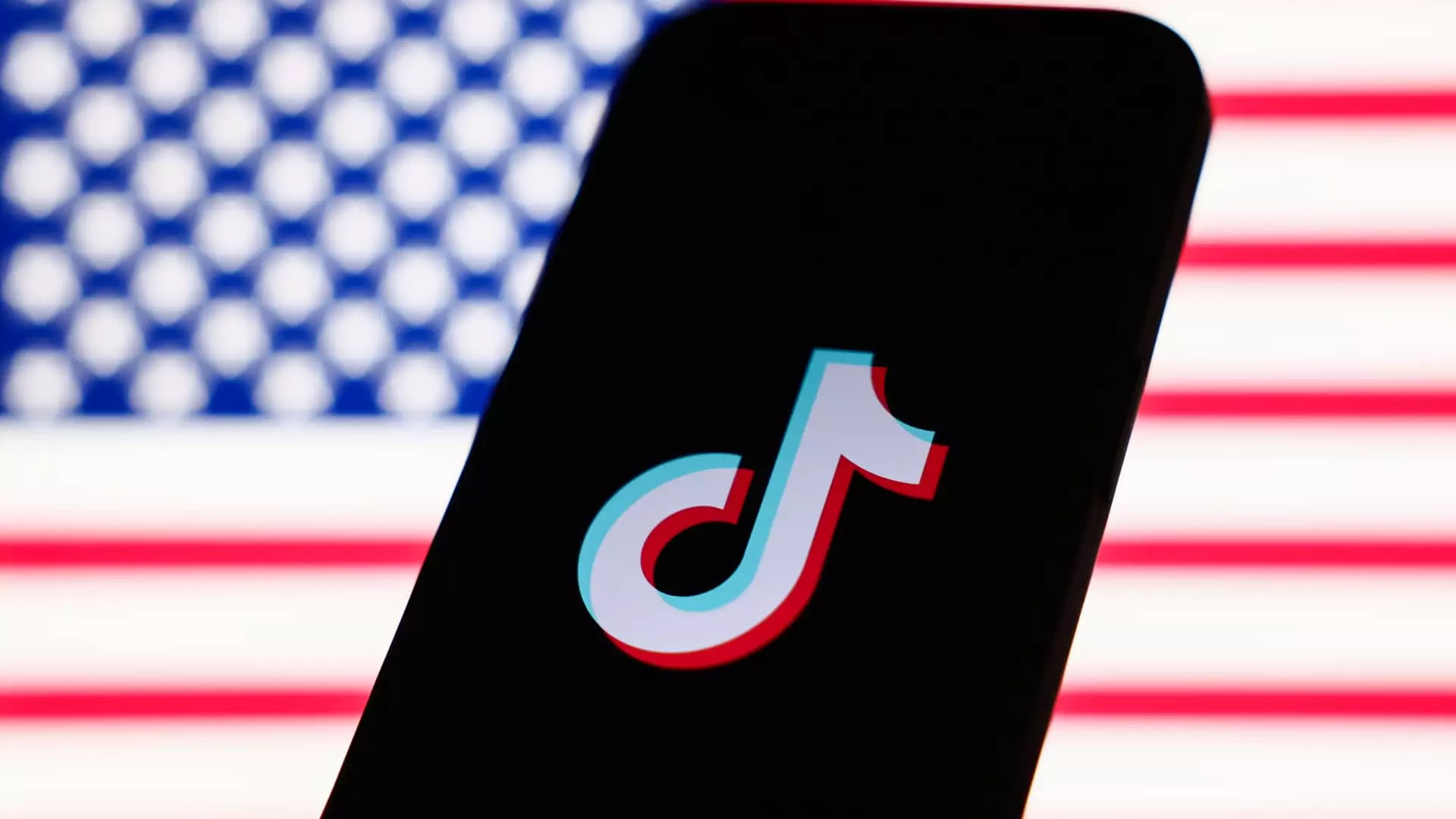As discussions revolving around the future of TikTok in the United States intensify, business leaders and investors are left grappling with the ramifications of a significant potential sale. If ByteDance, the parent company of TikTok, opts to divest its U.S. operations, experts predict the price tag for this endeavor could soar into the tens of billions. Reports indicate that ByteDance has not publicly contemplated selling TikTok’s U.S. operations, yet the looming threat of a ban due to national security concerns adds an urgent undertone to the discourse. It has been reported that if the Supreme Court decides to uphold a national security law, tech giants such as Apple and Google could face consequences for continuing to host the app post-deadline.
CFRA Research’s Senior Vice President, Angelo Zino, estimates that potential buyers may need to prepare between $40 billion and $50 billion to secure TikTok’s U.S. operations—a stark decline from a valuation exceeding $60 billion just a few months prior. This substantial decrease underscores the volatility of TikTok’s position in the market, heavily influenced by geopolitical tensions that have cast a shadow on its valuation. With approximately 115 million monthly active users in the U.S., TikTok holds a competitive edge over platforms like Snapchat and Pinterest, yet it remains trailing Instagram, which boasts around 131 million monthly users.
Zino’s valuation, while grounded in user metrics and revenue comparisons with rival applications, does not factor in TikTok’s sophisticated recommendation algorithms—an element that greatly enhances the platform’s appeal and profitability. These algorithms are at the heart of the U.S. government’s national security concerns and would not transfer to any prospective buyer, effectively devaluing the purchase.
Bloomberg Intelligence presents a more conservative valuation estimate of $30 billion to $35 billion for TikTok’s U.S. operations. Analysts from the firm caution that any sale would likely be pressured under intricate regulatory scrutiny and hesitance surrounding data privacy. The notion of a “forced sale” casts a pall over the energy of prospective bidders, who would not only confront exorbitant costs but also the formidable task of clearing the regulatory hurdles that accompany such an acquisition.
Moreover, potential buyers are faced with the dual challenge of finding adequate financial backing while also navigating the stringent data privacy regulations that have become synonymous with social media scrutiny. The road ahead for TikTok’s U.S. operations is riddled with uncertainty, posing the question: who would be able to take on such responsibilities, and at what cost?
In an environment ripe with speculation and strategic planning, a consortium led by billionaire Frank McCourt and O’Leary Ventures chairman Kevin O’Leary has emerged as a potential contender for TikTok’s U.S. assets. O’Leary has expressed willingness to shell out up to $20 billion for the acquisition, albeit without the highly coveted algorithms. Unlike some competitors, O’Leary’s group prides itself on being free from the regulatory entanglements that may plague other bidders, framing their bid as more straightforward—albeit significantly lower than Zino’s figures.
Elon Musk’s involvement as a potential buyer serves as a focal point of speculation, especially against the backdrop of ongoing geopolitical dynamics. However, the seriousness of his bid, alongside the regulatory issues at play, remains highly debatable. As TikTok stands at a crossroads, decision-makers must consider whether they can strategically maneuver through the murky waters of national security legislation and market valuation, or if ultimate conclusions will lead to its dissolution within the U.S. market altogether.
The narrative surrounding TikTok’s future is a microcosm of broader discussions about data privacy, digital sovereignty, and the entangled relationships between technology firms and governmental oversight. As potential buyers weigh the financial implications of an acquisition against regulatory hurdles, TikTok’s fate remains uncertain. In the high-stakes arena of social media, the coming months will likely reveal the complex interplay of corporate strategy, regulatory politics, and the enduring quest for profitability amidst looming existential threats.

